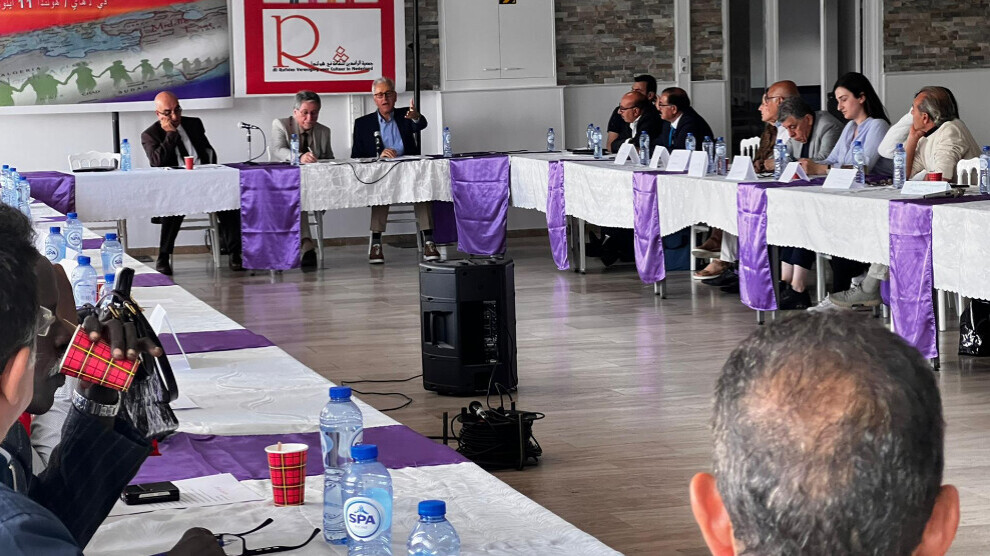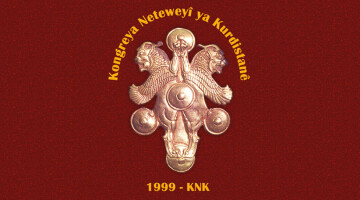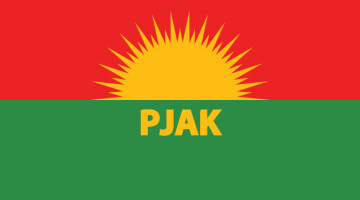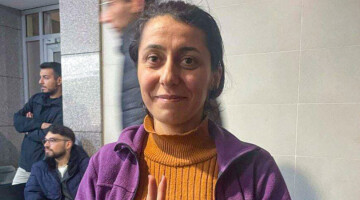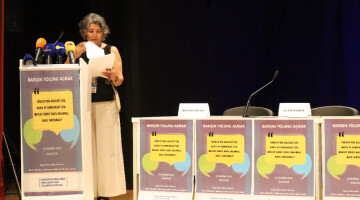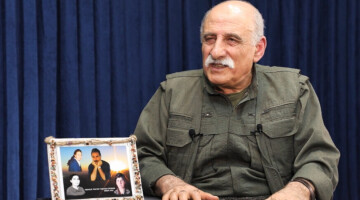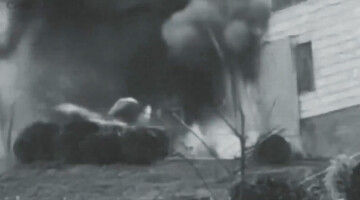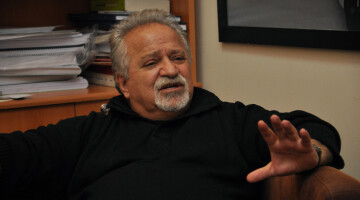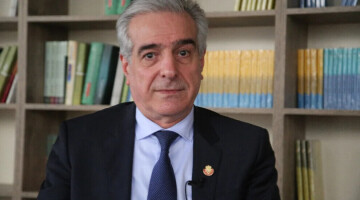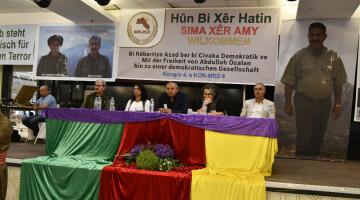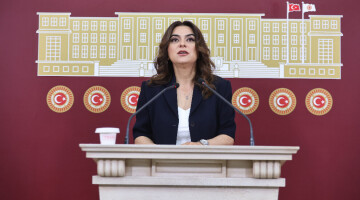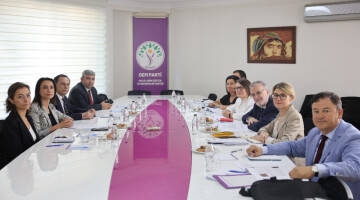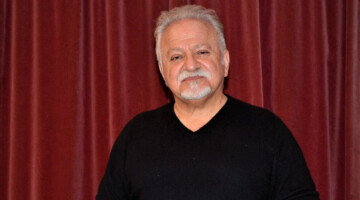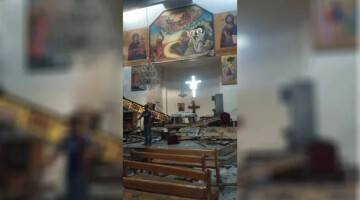The Kurdish-Arab Common Life Dialogue Meeting organized by the Dutch Al Rafidey Cultural Association was held in the city of The Hague on Sunday.
The meeting began at 10:30 with the participation of dozens of people including academics, politicians, activists and journalists from four parts of Kurdistan and the Middle East and North African countries.
After a minute of silence to commemorate those who lost their lives in the struggles for democracy and revolution, Nîhad Elqazî from the organizing committee delivered the opening speech.
Elqazî pointed to the ethnic, cultural, religious and sectarian diversity in the regions where the Kurdish and Arab people live together and emphasized the importance of dialogue and co-existence among all segments of society, especially the Kurdish and Arab people.
Elqazî stressed the fact that the Kurds, Arabs, Syriacs, Chaldeans, Armenians, Yazidis and different faiths, sects and communities were currently facing invasion, oppression and genocidal attacks as they used to in the past.
Elqazî underlined that such a meeting took on further significance given the mounting attacks and the political developments in the region.
Speaking after the opening speech, historian Prof. Dr. Cabbar Qadir made a presentation on the developments in the Middle East, Turkey’s Neo-Ottomanism project and especially the Sykes-Picot Agreement and the Treaty of Lausanne.
Qadir noted that the Republic of Turkey was founded following the collapse of the Ottoman Empire, recalling the policies of the Committee of Union and Progress and the Armenian genocide in 1915.
Referring to the ongoing political deadlock in Iraq, Qadir said that one third of Iraqi society lived in poverty, and thus politics and state institutions were no longer able to meet the needs of the people.
IRREDENTIST POLICIES FAILED
Wirya Qedaxî, an advisor at the UN on the diplomatic dimension of the problems in the Middle East, Africa, Afghanistan, Kosovo and several other countries, also made a presentation.
Briefly mentioning the history of state and society relations, Qedaxî summarized the history of inter-communal, ethnic, religious and sectarian conflicts in the region, in particular in Iraq.
Qeredaxî pointed out that the neo-Ottomanist and irredentist policies of the Turkish state concerning the Middle East had failed.
Qeredaxî emphasized that Erdoğan-Davutoğlu's "zero problem" strategy with neighbours had led to zero relations with neighbours.
After the presentations, other participants posed their questions and made evaluations.
The second part of the meeting was chaired by Dilşa Osman from the Kurdish women's movement.
'TURKEY POSES A THREAT'
In the second part, the first speech was delivered by Xosnav Ata, who takes place in a vigil outside the OPCW office in The Hague, Netherlands to protest Turkey's use of chemical weapons and its war crimes. Ata talked about the purpose of the vigil.
In a reference to the murderous history of the Turkish state, Ata highlighted the current genocidal attacks against the Kurdish people.
Ata revealed that Turkey used all kinds of banned weapons, including chemical weapons, against the Kurdish people, noting that his two nephews, who were guerrillas, were martyred during the Turkish attacks.
Ata warned that the Turkish state was posing a major threat not only to the Kurds but also to all the peoples of the Middle East.
Ata urged the Kurds and Arabs and all other peoples to endorse the ongoing vigil and raise their voices against the war crimes committed by the Turkish state.
After Ata’s speech, Dicle Afrin from the Kurdish women's movement made a presentation on the position of women in the Middle East and the women's liberation movement and the women's revolution.
The third part of the meeting discussed the Middle East crises and the democratic ways of resolving them.
Journalist Newaf Xelîl talked about the expectations for the solution to the Kurdish question in the Middle East.
Journalist Talib İbrahim focused on the search for a democratic solution to the crises in the Middle East.
Dr. Ahmed Sheikh Ahmed Rabea made a presentation titled “The Kurdish Shiite Alliance - Strategy to marginalize the state”.

